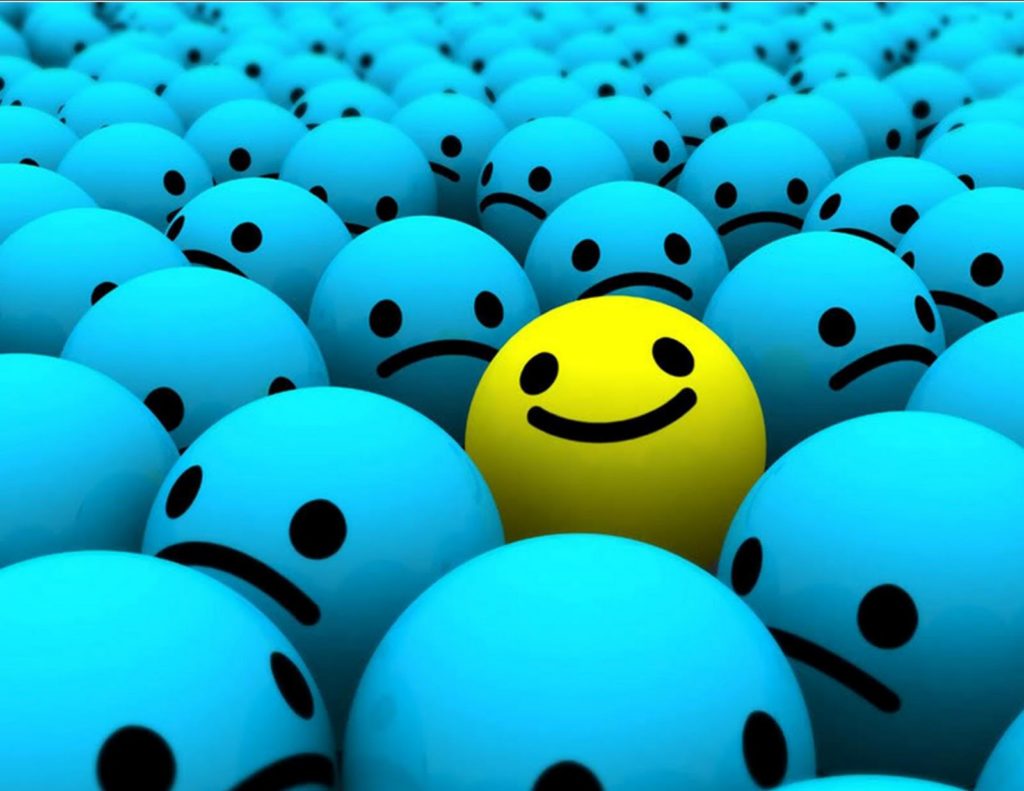
Myth #1: If I was in a relationship, I would be happy!
So what does happiness mean, exactly…
Happiness is defined as a state of well-being and contentment; an  experience that makes you happy. Good ‘ole Webster says that happiness means you experience more positive emotions than negative ones.
experience that makes you happy. Good ‘ole Webster says that happiness means you experience more positive emotions than negative ones.
Many times, we may find ourselves saying, “Of course a boy won’t make me happy” but the longing in our hearts to feel wanted doesn’t always operate according to this fact.
Where does happiness come from…
Since true contentment cannot be found in a boy, let’s talk about 5 ways happiness can be found.
Happiness IS managing your day to day emotions. Dealing with emotions in a healthy way daily and not allowing what you are feeling to dominate every aspect of your life will contribute to overall happiness.
Knowing your strengths. (And then doing something with them!) Have you ever asked yourself what makes you different and special? What are your gifts and talents? Using them in a creative way increases your happiness!
Creating connections. The happiest people I know have strong connections to other people and a deep conviction for this purpose. Are you plugged in to a youth group or small group? Do you have a mentor? These types of relationships and meaningful connections and are imperative to our happiness (Seligman, 2013).
Finding your purpose. The most important element in happiness is finding a larger purpose for your life. What are you here for?
God. What’s God got to do with my happiness? Everything. If we put Him first, inviting Him into every day, pursuing a relationship with Him, engaging in the gifts that he has given you, and ultimately understanding what His purpose is for you.
Statistics of happiness…
If we bring science into the discussion, research tells us that 50% of our happiness level is genetics. Turns out happiness is more about genetics and personality than about good things (wealth, fame, romance) happening in our life. To make this whole idea of happiness a little more complicated, let’s introduce your life circumstances, your habits, and your thoughts. Your life circumstances contribute to 10% of your happiness. Our genetics cannot be changed and our life situation often is very difficult to alter – thankfully there is a remaining 40% that can be changed. A little less than half of our happiness is determined by our habits and thinking (Lyubormirsky, 2010).
So what do these stats mean for you? Since 60% of your happiness is already determined (genetics and life circumstances), are you willing to leave the remaining 40% up to a boy? I’m afraid if you do this you will be highly disappointed. That 40% can impact your contentment positively if you put your energy into other things such as changing those negative thoughts into positive ones or evaluating your habits and deciding how you can best care for yourself and how you can modify those not-so-healthy, not-so-happy habits.
If you have difficulty managing your emotions or finding purpose in your life, the counselors at Restoration Counseling would love to talk with you. We understand how overwhelming life as a teenage girl can be and we hope we can offer a listening ear as well as healthy tools to support you in forming positive thoughts and positive habits.
Up next: Myth #2 of #relationshipgoals, “I Can Trust My Feelings”
@restorationcounselingfl
Author: Rebecca Johnson, LMHC with collaboration from Jen Carlson
References:
Anderson, D., & Anderson, J. (2016). 10 myths of teen dating: truths your daughter needs to know to date smart, avoid disaster, … and protect her future.
Lyubomirsky, S. (2010). The how of happiness: a practical guide to getting the life you want. London: Piatkus.
Seligman, M. E. (2013). Authentic happiness: using the new positive psychology to realize your potential for lasting fulfillment. New York: Free Press



